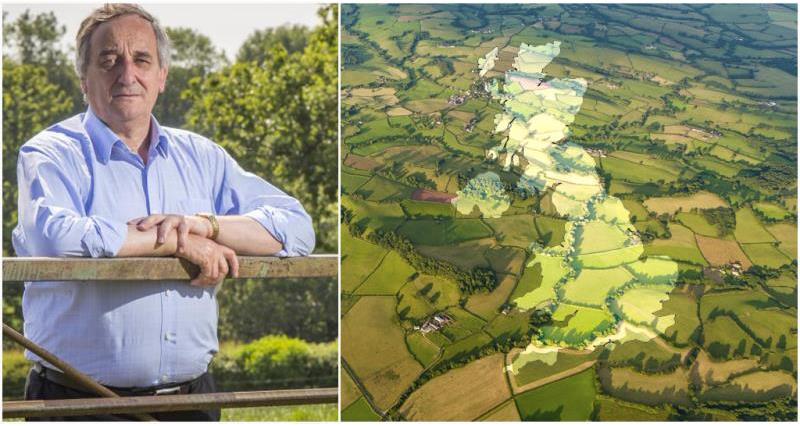Speaking at the opening of Cereals 2017, Mr Raymond said: “We are still – a whole year on from the Brexit referendum – little closer to knowing what future Brexit holds for us.
“We don’t know what our future trading relationship will be with the EU – our biggest trading partner by some way in agri-food products; we don’t know how a future immigration system in the UK will work, and how farmers can be sure they’ll continue to have access to the highly specialised workforce required in many sectors; and we don’t know how public policy will support agriculture in future in mitigating volatility, improving productivity and delivering environmental goods once we are no longer subject to the Common Agricultural Policy.
“The time has now come to end this uncertainty. With negotiations due to begin next week, it is time the UK government took a collaborative and consensual approach to Brexit. In fact, it’s the only way forward. What we now need is for the government to work with a wide constituency of interested parties to get the best outcome for the UK, and one that best represents the views and interests of the country at large.
“For agriculture, the sector that has the potential to be the most affected by Brexit, this means working with UK farming unions, the food chain and the farm supply chain. From our perspective, the NFU has engaged extensively as part of our Brexit work, both with government and with industry and interest groups within and beyond agriculture. We’ll continue to do this, and indeed do it with more intensity and purpose now that the waiting is almost over.”
Mr Raymond said the NFU’s key Brexit asks remained:
- Delivery of the right post-Brexit trade deal with continued tariff-free and frictionless access to the Single Market
- A domestic agricultural policy suited to Britain
- Access to a competent and reliable workforce
- A regulatory framework that supports productive agriculture alongside protecting the environment and public health.
“We will strongly make the case to government for a Brexit that maintains strong economic links with the EU, centred on tariff-free trade and a system of customs control that allows goods to flow freely between the UK and EU, whether through a sophisticated customs agreement, or even continued membership of the Customs Union.
“Furthermore, government must maintain current levels of public investment in agriculture to ensure we are resilient and productive in future. And while there is a desire to take control of our borders and our sovereignty, this must not come at an economic cost that damages farming and undermines the amazing value we deliver for the British people.”
Mr Raymond said the NFU would also continue to press the new Secretary of State to support British farming through other measures, including a commitment to continue the 25-year TB eradication strategy, tackling the increasing problem of rural crime, and promoting British food at home and abroad. The NFU would also continue to make the strongest case for regulation based on robust scientific evidence.
“We find ourselves once more at a point in time with glyphosate teetering on the edge of being lost, and a threat of further bans on neonics with no evidence that this is helping bees, as well as a political fudge on defining endocrine disruptors. The NFU is working hard to influence the debate and we are urging the new government to support us in this fight,” he said.
